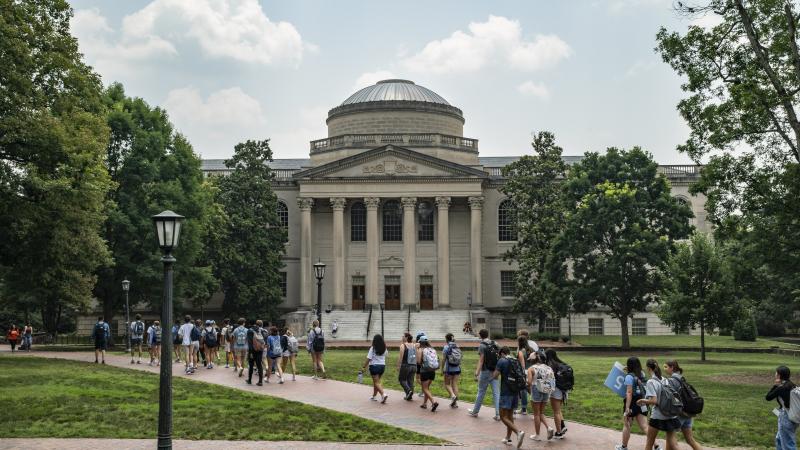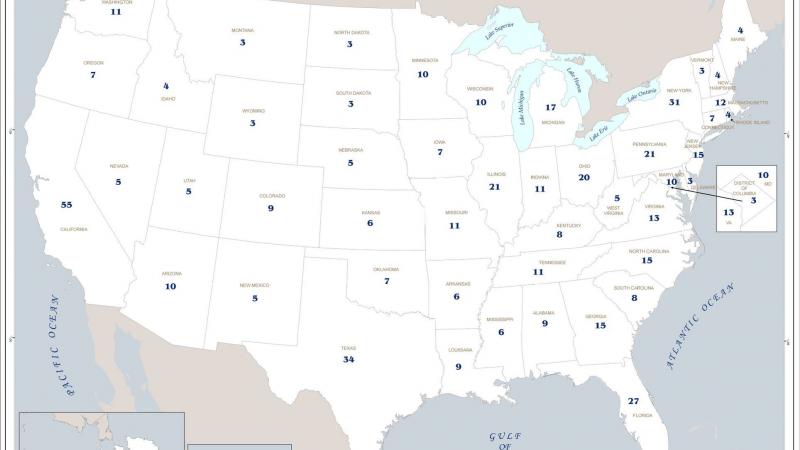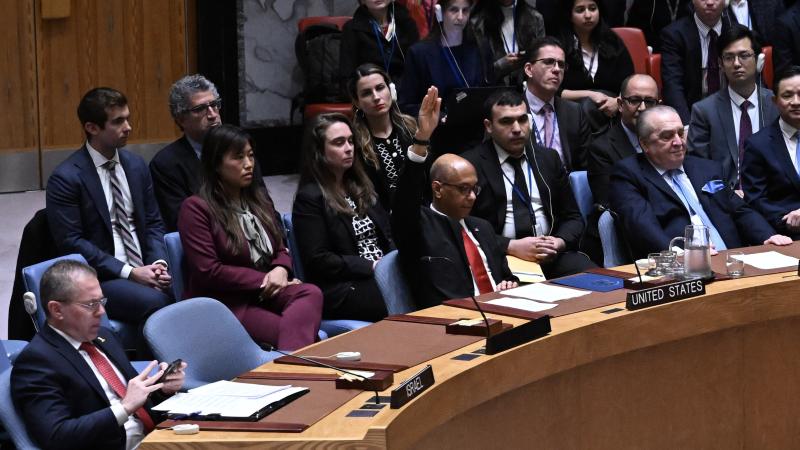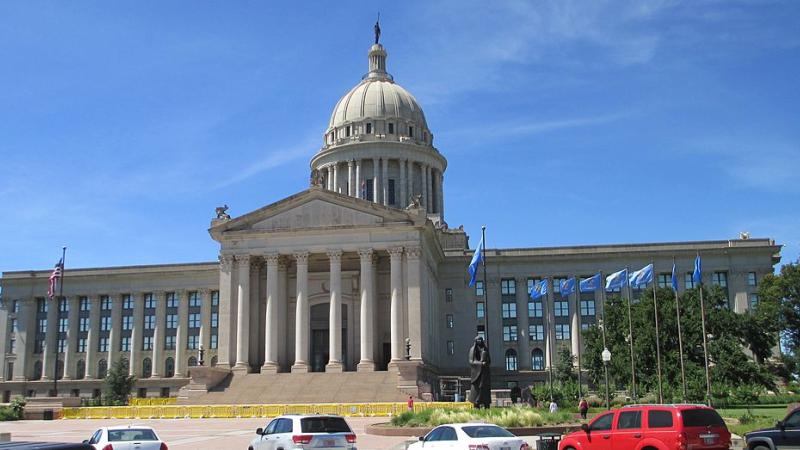University backtracks on interracial ban in 'identity' housing, says official 'misspoke'
Nevada school says official 'misspoke' in saying applicants must match the race or ethnicity of each housing unit.
The University of Nevada, Reno has backtracked after a housing official suggested interracial living arrangements were prohibited in some of the school's Living Learning Communities (LLCs) for safety reasons.
Dean Kennedy, executive director of residential life, housing and food services, told a conservative youth organization that students must match the "identity" of the identity-based LLC they want to live in. This is for "the safety of student participants," he said, according to a message posted Tuesday by the conservative group Young America's Foundation (YAF).
The public university provided a statement Wednesday to Just the News disavowing Kennedy's statement.
"Our Executive Director of Residential Life, Housing and Food Services Dean Kennedy misspoke in giving his statement," the school said. "These LLCs provide a sense of community and belonging, especially at research-intensive institutions. The University of Nevada, Reno's 15 LLCs are open to any and all students living on campus."
The university statement did not further explain why Kennedy raised safety in his earlier message.
YAF raised concerns that the university was creating "segregated dorm communities" with the identity-based LLCs. The concerns were raised from a student, who was not applying to live in one of them but was "offput by the school separating students into racial groups," a YAF spokesperson told Just the News.
The conservative group followed up with the university to clarify the "vague entry requirements" for the black, indigenous and "Latinx" LLCs. (Latinx, the gender-neutral version of "Latino," is popular in academia but not among Hispanics, polling shows.)
"Living Learning Communities welcome all students to apply as almost every college/school has a community encompassing the majors within that college/school," Kennedy wrote back to YAF.
"Because there is an academic component, students must be eligible to be enrolled in the course(s) connected with each community; and there are several communities for which any student of any major can apply," his message to YAF stated.
But "it is important only students who hold that identity are considered" for the black, indigenous and Latinx options, Kennedy added, citing the safety of each LLC's participants.
The LLC page touts the higher GPA, retention rate and "greater sense of belonging" associated with students who live in these communities with "shared academic, social and cultural interests." They live on the same floor and take some classes together.
Some of the LLCs are reserved for various academic departments within the university. One each is for "LGBTQUIA+ culture and community" and women in science and engineering. Three are based on race or ethnicity, all sharing one residence hall.
While those three imply they are open to "all students," the black and indigenous LLCs each say participants will explore "their" identity or culture, implying they are reserved for black and indigenous applicants.
A university spokesperson provided a statement calling YAF's headline "inaccurate" for claiming that "white students" were banned from these "minority-dorm communities."
You can read the full statement here.
File
Asked to explain the wording of the black and indigenous LLCs, which mention "their" culture and identity, and what Kennedy meant by protecting the "safety" of participants, the spokesperson said the university's statement answered both questions.
The university "walking that back as 'we misspoke' is clearly an indication of guilt and they know what they're doing is illegal," a spokesperson for the National Association of Scholars told Just the News. "It's a fact of life currently that schools are segregating students by race" in various ways.
The conservative faculty organization published a study of racially separated facilities and activities in colleges in 2019. It doesn't see these practices facing scrutiny from the Biden administration as a civil rights violation, as long as the separation is done "in the name of social justice," the spokesperson said.
Students must start protesting the practices of their colleges or lawmakers must get involved for things to change, he said. The spokesperson expressed optimism about racially separated practices getting more attention recently, citing media reports on Columbia University's various graduation ceremonies, later renamed "celebrations."
















